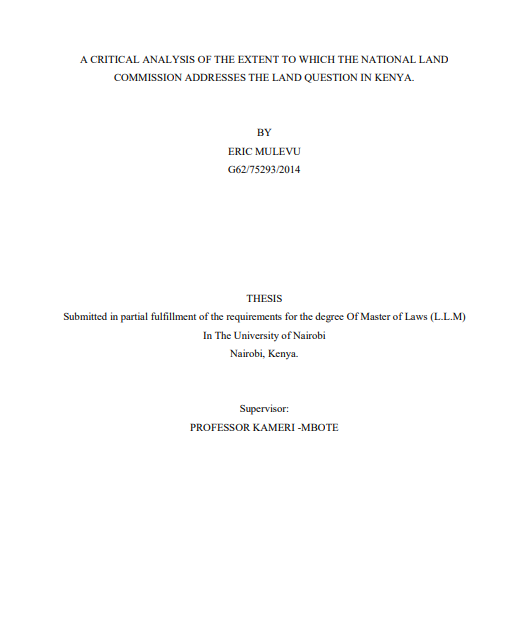CARP institutional assessment in a Post-2008 transition scenario: implications for Land Administration and Management (LAM)
The objective of this paper is to present the land administration and management (LAM) issues on CARP and determine the necessary institutional reforms on LAM in view of CARP expiration in 2008. The paper discussed the adverse effects brought about by weak land policy and poor land administration on attaining the objectives of CARP.



